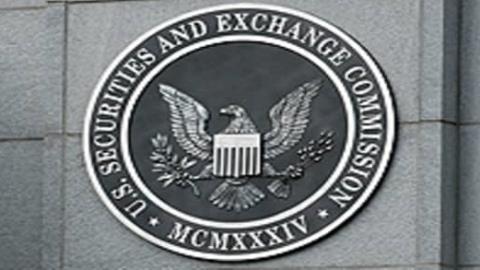In a landmark judgement, the US Securities and Exchange Commission has approved 11 bitcoin spot ETFs, paving the way for mass adoption of digital assets.
The first funds are expected to start trading at market opening Thursday, with BlackRock leading the way with its iShares Bitcoin Trust. Other major institutions set to begin trading include Fidelity, Invesco, and newcomers like Grayscale and Ark Invest.
This ruling follows a US federal appeals court decision in August that sided with Grayscale in its lawsuit against the SEC after the regulator denied an application to convert the Grayscale Bitcoin Trust into an exchange-traded fund. This has increased pressure on the SEC to adjust its cautious stance.
The announcement comes as the SEC faces scrutiny over the security of its X account, which was hacked and used to spread the news on Tuesday.
With the ruling now in place, institutional and retail investors can access cryptocurrencies through regulated institutions, eliminating the risks associated with unregulated exchanges and the need for a crypto wallet.
Dhruvil Shah, SVP of technology at Liminal Custody Solutions, noted, “The digital asset industry is currently witnessing its defining moment. This is a watershed moment for the crypto industry as a regulated bitcoin financial product in one of the world’s largest economies will attract significant capital influx into the crypto market. The approval of bitcoin spot ETFs will greatly benefit the growth of sectors such as blockchain, decentralized finance, BTC ordinals, and digital asset custody, as demand for these services is set to skyrocket.”
Conversely, some experts express concern that the approval could lead to a rush into a market known for its volatility and risks associated with novice investors. Dennis Kelleher, president of Better Markets, called the ruling “a historic mistake that will not only unleash crypto predators on tens of millions of investors and retirees but will also likely undermine financial stability.”
